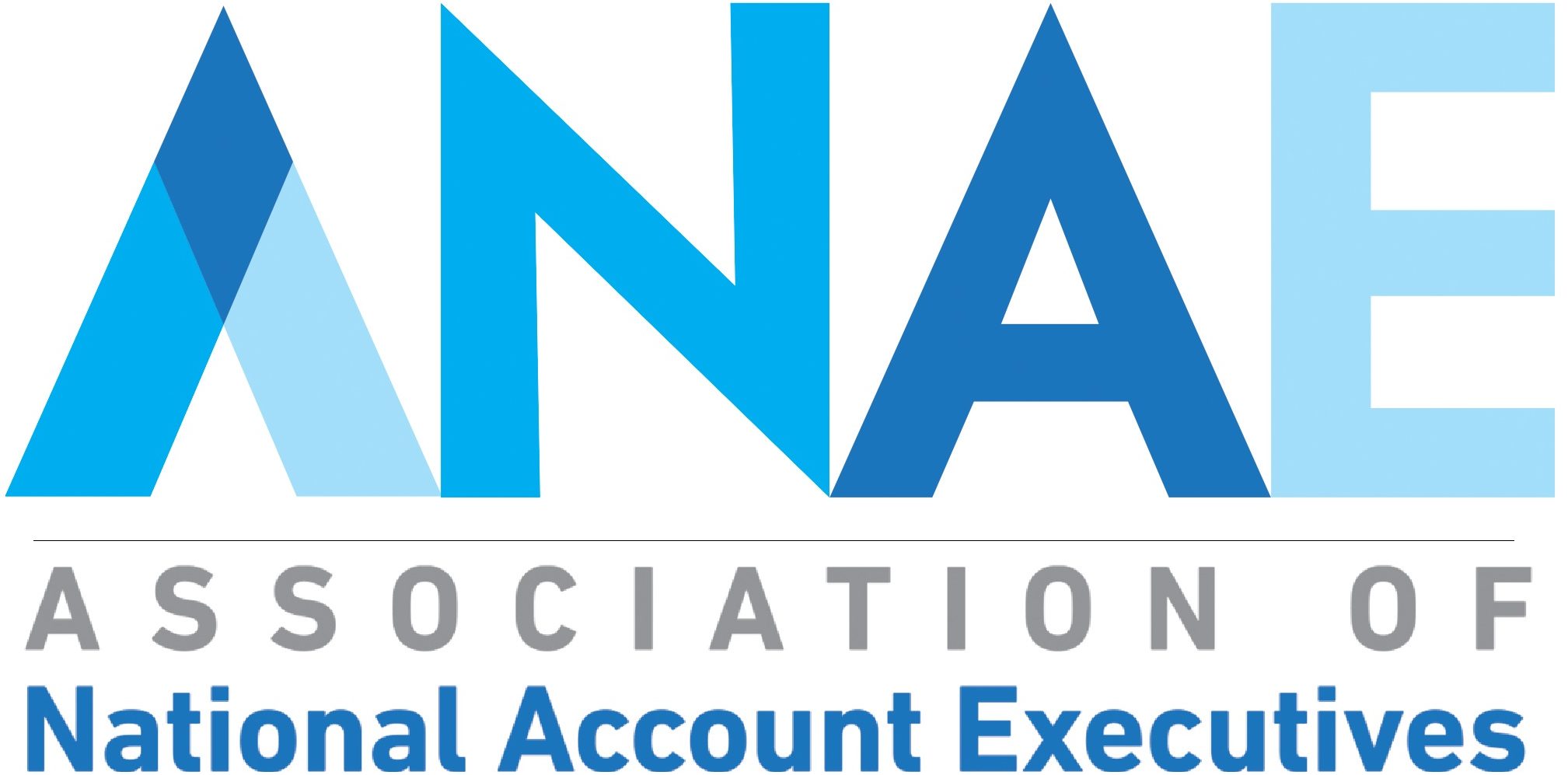- 8 Tactics for Negotiation with GPOs (Group Purchasing Organizations) - July 13, 2021
- Why I am not responding to your email - September 23, 2020
- FAH Conference 2020: Key Takeaways - March 4, 2020
For its September Supply Chain Leaders Series, ANAE interviewed Christopher O’Connor, executive vice president of GNYHA Ventures Inc.
GNYHA Ventures is the Greater New York Hospital Association’s (GNYHA) for-profit business development organization, whose subsidiaries are GNYNA Services, Nexera, and Innovatix. GNYNA Services includes a regional GPO with $5 billion in trading volume and offers end-to-end supply chain services, while Nexera’s consultants help acute and non-acute members reduce costs and improve efficiency in their administrative, support, and supply chain operations. Innovatix, another GPO, focuses on the non-acute care marketplace and has annual trading volume exceeding $34 billion.
As executive vice president at GNYHA Ventures, a position he has held for about 10 years, Christopher O’Connor directs operations at GNYNA Services and is responsible for managing GNYHA Services’ GPO portfolio and its specialty divisions, including pharmacy services and strategic contracting services. He also serves as the president of Nexera and oversees the company’s consulting operations. O’Connor’s extensive responsibilities and personal experience grant him useful insights into the effects of healthcare reform on medical supply chain and how its players must adapt to the changing environment.
Some of the topics O’Connor discussed include:
The need for supply chain to address quality and total costs of ownership: The same forces pushing for increased quality and better patient outcomes in healthcare apply to purchased products and contracted services as well. Whereas supply chain executives used to focus exclusively on costs, O’Connor says, they now face a mandate to improve quality and assess the total costs of ownership, including factors like a product’s preventative value or its potential for errors leading to readmissions. According to O’Connor, “The old world of the supplier/hospital relationship dominated by price is going away and all of our hospitals are starting to look at the intersection of cost, quality, and outcomes because it’s going to be about survival.”
How the GNYHA GPOs are increasing their focus on contracted services: Though they make up only a small portion of GNYHA Services purchasing volume, O’Connor believes purchased services can be a great source of savings to health organizations. “We are truly trying to get a handle on purchased services. It’s an area that’s complex, that we think still has tremendous value to be obtained, and it’s much more complicated than contracting for a commodity.”
How suppliers can make effective proposals to hospitals and health systems: Like in all other aspects of healthcare today, the Affordable Care Act is the biggest player, and for some, the biggest unknown. “Anyone that works in healthcare needs to have a good grasp of what is written in the ACA,” O’Connor says. “That is the rulebook going forward for the next bunch of years.” Suppliers can use that to their advantage by paying close attention to the ACA’s impact on healthcare providers and incorporating it into their sales pitches and presentations. “If you can lead with things that are in the ACA that are going to impact the hospital, both positively and potentially negatively, that is what’s going to resonate,” O’Connor added. Hospital execs will pay more consideration to a product or service that will help them navigate and fulfill the requirements of healthcare reform.
